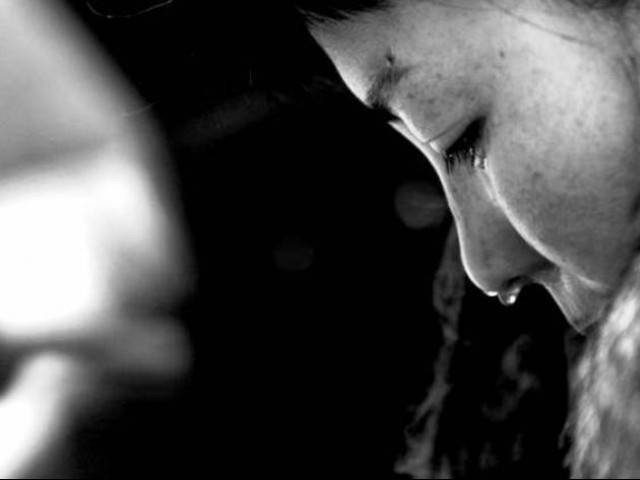
Just 48 hours earlier, police officials had appealed for 10 more days to probe the case on the grounds that the DNA tests and medico-legal reports were still not in.
Police sources have now confirmed the identities of Tayyaba’s parents through DNA testing. The top court had ordered the tests after a few women had come forward claiming to be Tayyaba’s mother.
A high-level police team headed by DIG operations Kashif Alam is investigating the case against Additional District and Sessions Judge Raja Khurram Ali Khan, now made an officer on special duty, and his wife Maheen Zafar. Both of them were booked by the Industrial Area police for allegedly torturing Tayyaba, who worked at their house as a maid.
The father of the girl later pardoned both the judge and his wife. The SC, however, took suo motu notice in the case and set aside the pardon granted to the suspects by exercising parental jurisdiction in the matter.
At the hearing on Wednesday, the court was told that the penalty for employing underage workers was too meagre and served as an inadequate deterrent against domestic abuse. A paltry fine of Rs250 is the total prescribed penalty for parents, guardians and employers in connection with pledging labour of a child in Pakistan.
The apex court was told that the colonial era law related to child labour failed to protect children against possible abuse.
The top court bench was informed that the purpose of the penalties suggested in the Children (Pledging of Labour) Act 1933, was to discourage people from committing such offences and the fine was considered stupendous in the British-era. Critics say the law is in need of urgent amendment.
Published in The Express Tribune, January 21st, 2017.





1732356840-0/Copy-of-Untitled-(1)1732356840-0-270x192.webp)



1732355030-0/BeFunk_§_]__-(41)1732355030-0.jpg)
1732340798-0/BeFunk_§_]__-(35)1732340798-0.jpg)






COMMENTS
Comments are moderated and generally will be posted if they are on-topic and not abusive.
For more information, please see our Comments FAQ